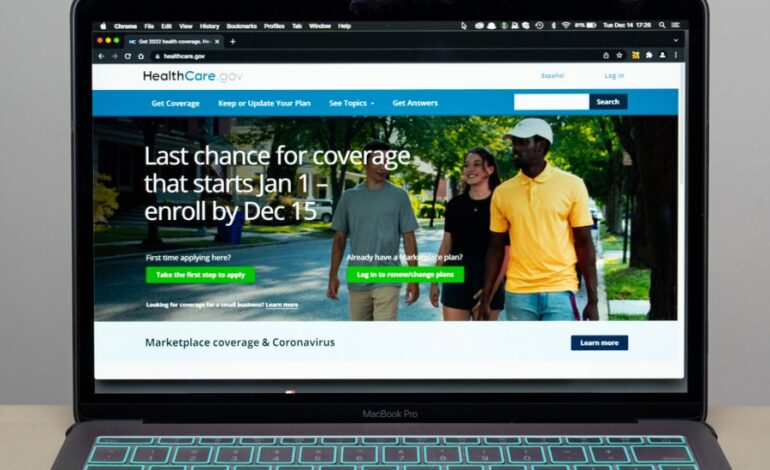Biden Faces Decision on Obamacare Subsidies Ahead of 2025 Deadline

The Affordable Care Act (ACA), commonly known as Obamacare, is approaching a critical juncture as federal subsidies designed to support health insurance premiums are set to expire at the end of 2025. The Biden administration expanded these subsidies in a bid to stabilize a market that has seen soaring premiums and significant challenges. Now, as discussions heat up, lawmakers are faced with the task of deciding whether to extend these subsidies without implementing necessary reforms.
The ACA has played a pivotal role in shaping health care access across the United States. However, it has also been criticized for contributing to rising health insurance premiums, which have burdened many Americans. The increased costs have led to calls for reform, highlighting the need for a more sustainable approach to health care financing.
In light of these challenges, the Biden administration’s efforts to bolster federal support through subsidies have provided temporary relief. According to the Kaiser Family Foundation, the average monthly premium for a benchmark plan rose from $320 in 2018 to approximately $500 in 2023. This dramatic increase illustrates the urgent need for a comprehensive solution.
As the expiration date for the current subsidies looms, Republican lawmakers are advocating for a balanced approach. They propose extending part of the funding while simultaneously allowing healthy Americans the option to purchase more affordable insurance products. This strategy aims to enhance consumer choice and drive competition within the health insurance market.
Critics argue that extending subsidies without reform could perpetuate existing flaws in the system, ultimately leading to further financial strain on taxpayers. A report from the Congressional Budget Office indicates that without changes, costs associated with the ACA could exceed $1 trillion over the next decade. This financial projection raises significant concerns about the sustainability of the current model.
The debate surrounding the future of the ACA is not just a political issue; it directly impacts millions of Americans who rely on health coverage. According to the U.S. Census Bureau, approximately 31 million individuals are enrolled in ACA health plans, underscoring the importance of making informed decisions regarding these subsidies.
As discussions unfold, many are calling for a bipartisan approach that addresses the underlying problems of the ACA while ensuring that necessary support is available for those who need it most. Both sides of the aisle must consider the long-term implications of their decisions, as the health and financial well-being of many Americans hang in the balance.
The next steps will be crucial in determining the future landscape of health insurance in the United States. With the deadline for subsidy expiration drawing near, lawmakers face increasing pressure to find a viable solution that balances affordability with quality care. The decisions made in the coming months will play a significant role in shaping the ACA and its impact on future generations.






